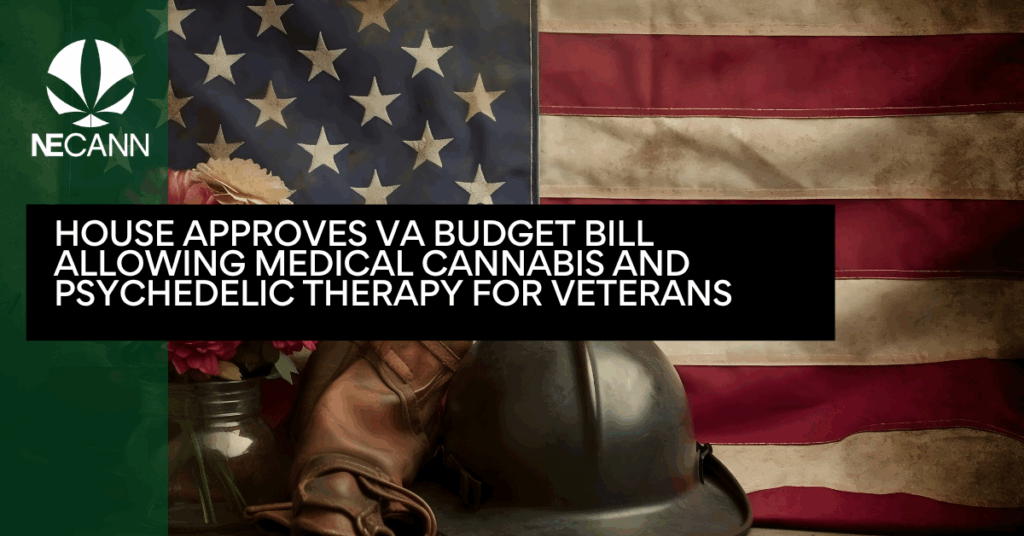Washington, D.C. — In a landmark move, the U.S. House of Representatives has approved a $453 billion budget bill for the Department of Veterans Affairs (VA) that includes major reforms in veterans’ healthcare access—specifically, allowing VA doctors to recommend medical cannabis in states where it is legal and preparing the agency for the integration of psychedelic therapies.
Currently, VA doctors are prohibited from even discussing medical cannabis with their patients due to federal regulations. But under an amendment introduced by Rep. Brian Mast (R-FL), a medically retired Army veteran and bomb disposal expert, VA clinicians would finally be able to recommend cannabis therapies and complete the necessary paperwork for veterans to participate in state-approved programs.
“Something like 35 states have approved medical marijuana,” Mast told Stars and Stripes. “If this can help veterans recovering from injuries stay off prescription narcotics, it will be a godsend.”
Another amendment in the bill, spearheaded by Rep. Jack Bregman (R-MI), a retired Marine Corps lieutenant general, pushes the VA to prepare for the integration of psychedelic therapies as future treatment options. The measure directs the agency to assess its current infrastructure and make recommendations for implementing “approved” psychedelic therapies into its future medical services.
Bregman emphasized the need for innovative approaches to mental health, stating that he supports “innovative therapies that show promise for treating the invisible wounds of war.”
The budget bill would also prohibit the VA from enforcing internal rules that ban its providers from helping veterans access state-legal cannabis programs—an issue that has long created barriers to care.
Passed by the House last month, the bill now heads to the Senate Appropriations Committee for review, where it is expected to face further scrutiny before potential enactment. If signed into law, it would mark a significant step forward in veterans’ access to alternative medical treatments.



